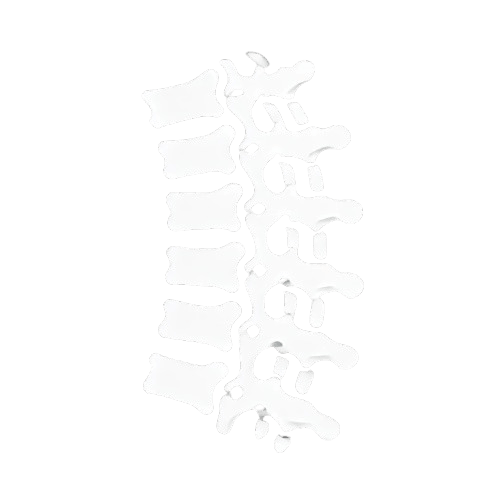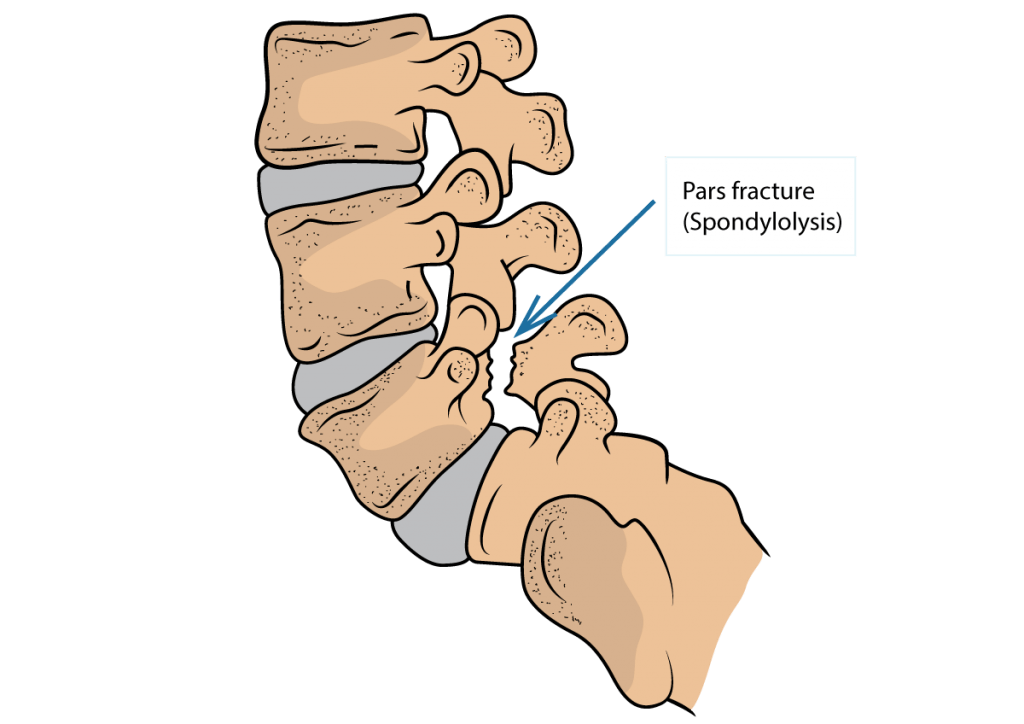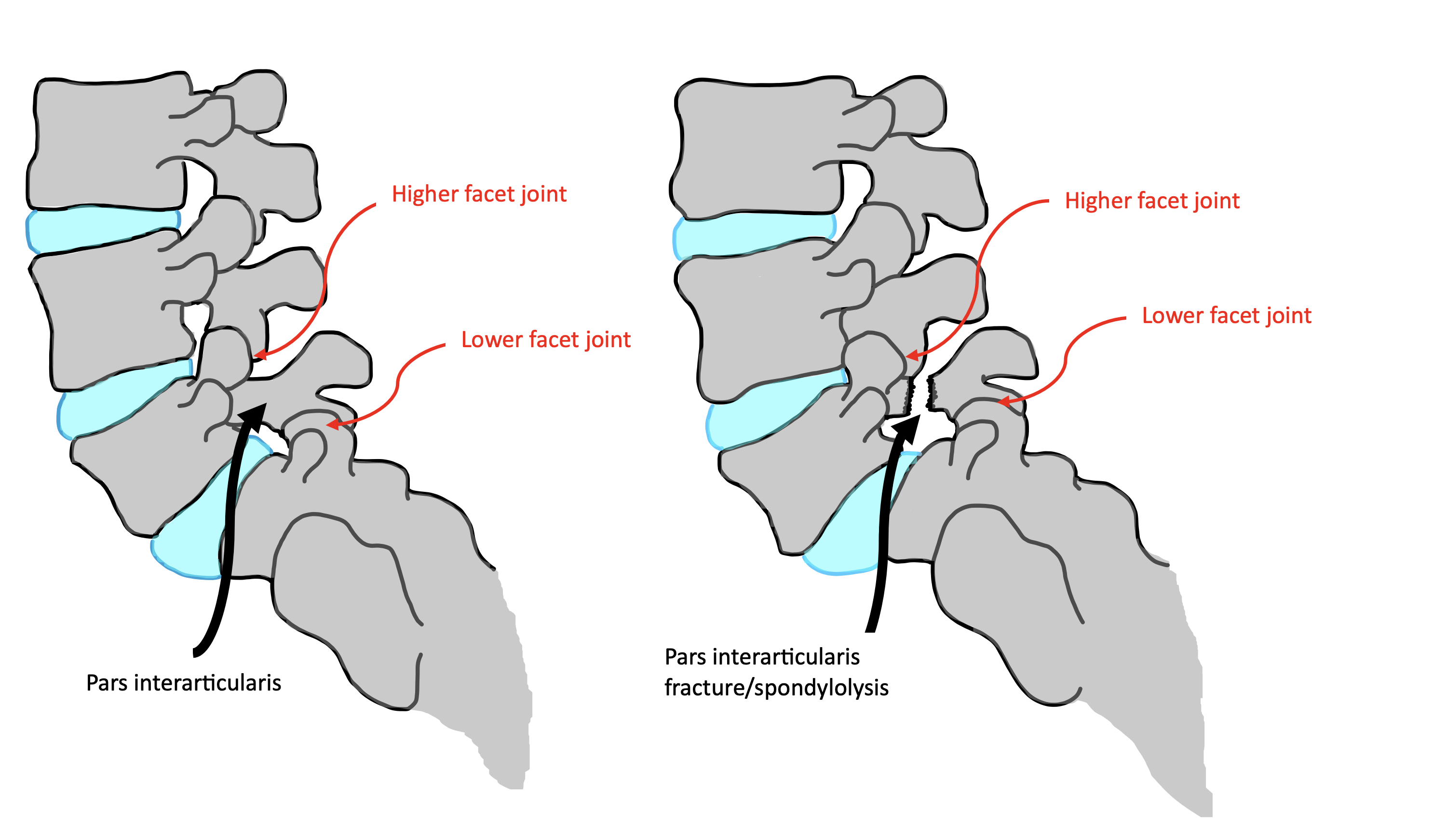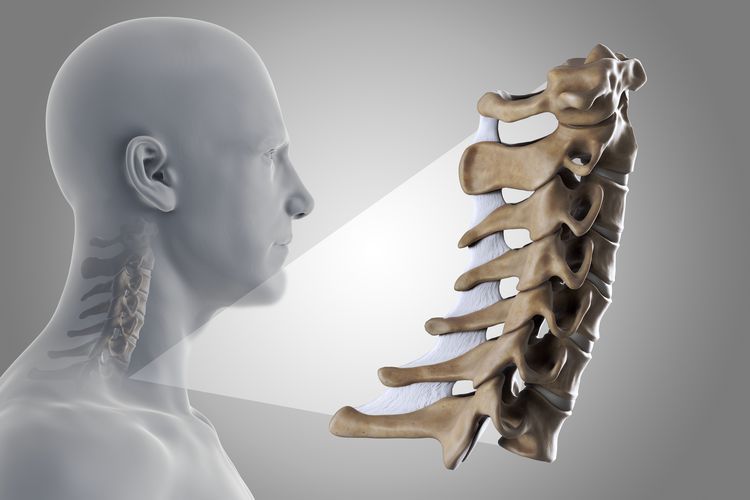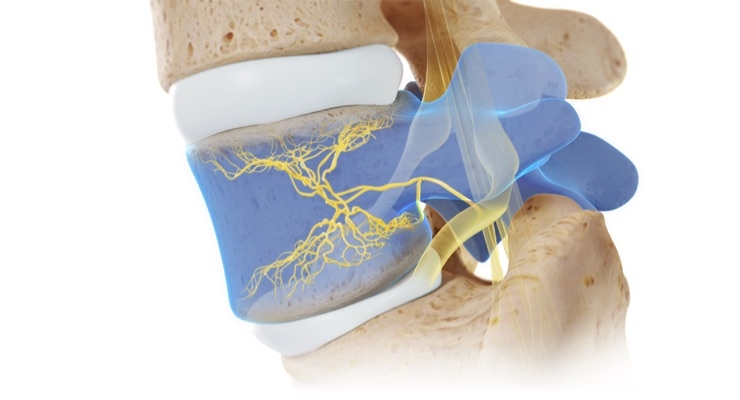What is PARS Fracture?
A PARS fracture is commonly found in the lower back (lumbar spine) and is often caused by repetitive stress or overuse, particularly in athletes who engage in activities that involve hyperextension of the spine, such as gymnastics or football. Mr. Irfan Malik provide personalized treatment plans to help manage and recover from PARS fractures.

